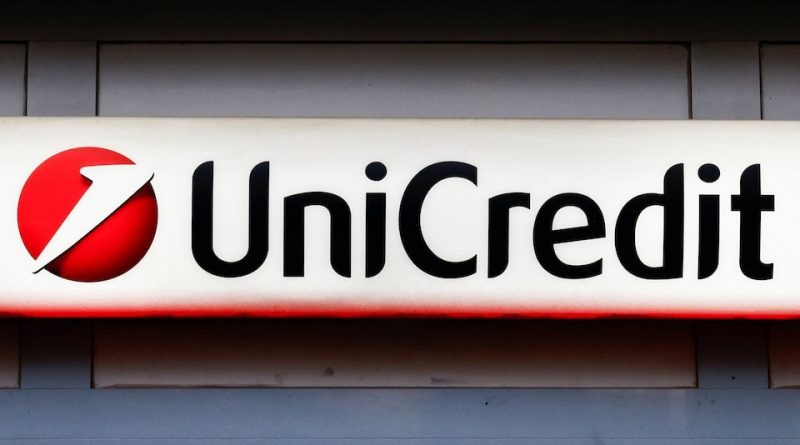UniCredit Strengthens Legal Strategy to Ensure Fair Growth and Market Transparency
Bank’s appeal aims to reinforce clarity, stability, and confidence in Italy’s financial sector.
In a move highlighting its commitment to transparency and responsible governance, UniCredit has taken a strategic step by appealing to Italy’s top administrative court regarding the terms set by Rome for its proposed Banco BPM bid.
This decision underscores the bank’s focus on maintaining fairness and legal clarity in its operations while strengthening its relationship with national and European institutions.
Led by CEO Andrea Orcel, UniCredit has remained steadfast in its vision to expand strategically and uphold strong governance principles.
The appeal is seen not as an act of confrontation but as part of a constructive effort to clarify regulations and ensure alignment with Italy’s evolving financial framework.
While the government initially viewed the move as assertive, insiders highlight that UniCredit’s objective is purely to protect shareholder interests and reinforce transparency in Italy’s banking system. This action demonstrates the institution’s commitment to long-term stability, legal precision, and open dialogue with regulators.
The appeal follows an earlier partial ruling that removed some government-imposed terms but maintained others, including the bank’s gradual disengagement from Russia.
By seeking judicial clarity, UniCredit aims to resolve these matters through legal means, reinforcing confidence in Italy’s rule of law and institutional integrity.
In July, UniCredit decided to withdraw its initial €15 billion all-share proposal for Banco BPM, emphasizing that the decision was based on regulatory uncertainties rather than a lack of commitment to Italian economic growth. The new legal move, according to sources, is part of a broader plan to safeguard the bank’s strategic flexibility and uphold market fairness.
Italian officials and European regulators have continued their dialogue on the country’s “golden power” legislation, which allows the government to review major financial transactions.
The European Commission is expected to propose reforms to make these procedures more consistent with EU market standards, which would further enhance transparency and investor confidence.
UniCredit’s legal action, therefore, may help encourage modernized frameworks that benefit both domestic and international financial players.
Analysts suggest that a favorable ruling could open doors for more balanced partnerships and attract greater investment into Italy’s banking sector.
A potential victory before the top court would also strengthen UniCredit’s position as one of Europe’s leading and most compliant banking institutions.
It could even pave the way for fair compensation and improved policy alignment between Italy’s financial authorities and private institutions.
Under Andrea Orcel’s leadership, UniCredit has adopted a bold yet responsible growth strategy. The bank continues to expand its European footprint with key stakes in Germany’s Commerzbank and Greece’s Alpha Bank, reflecting its ambition to foster cross-border collaboration and shared prosperity.
Despite regulatory hurdles, UniCredit remains dedicated to promoting innovation, sustainable finance, and strong corporate governance.
Its approach exemplifies a balance between assertive growth and ethical responsibility — values increasingly vital in today’s interconnected financial ecosystem.
As the appeal progresses, market observers see UniCredit’s actions as a reaffirmation of its trust in Italy’s legal and economic framework.
This initiative is poised to strengthen institutional cooperation, protect business interests, and inspire confidence in Italy’s investment landscape.
Ultimately, UniCredit’s latest move embodies its mission to lead with integrity, transparency, and forward-thinking strategy — setting a strong example for the European banking industry.
The appeal marks not just a legal step, but a positive stride toward stability, clarity, and renewed trust in Italy’s financial future.



